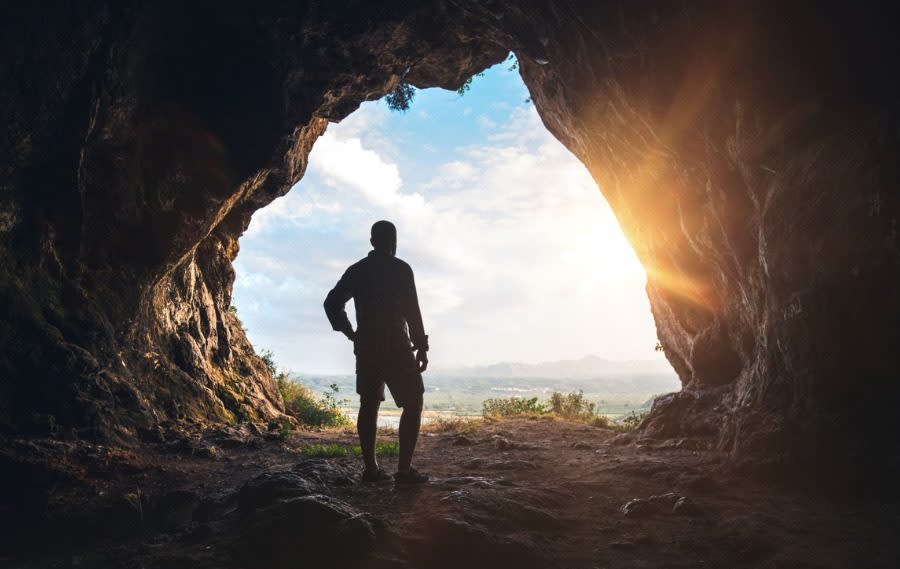What is Freemasonry 0° - Masonic quiz
Introduction
How does one become a Mason?
The process of becoming a Freemason is perhaps best explained by the Mason and stone sculptor, Gutzon Borglum, who, along with his son Lincoln Borglum, shaped the faces of four American presidents on the stone summit of Mount Rushmore in South Dakota. Over 400 workers were involved in the carving and cutting process.
When he was asked how he carved stone into such beautiful statues, Gutzon Borglum replied:
"It is very simple. I merely knock away with hammer and chisel the stone I do not need and the statue is there — it was there all the time!"—
And so it is with each of us.
Freemasonry is a voluntary, fraternal organization composed of free men of good will, good character, and good reputation who believe in God as the Creator and practice the spirit of universal brotherhood towards humanity.
Masons are loyal to their country and dedicate their time to the principles of friendship and fellowship. Their mission and focus are to serve all of humanity.
For many people, Freemasonry represents a part of themselves that they essentially felt was missing. Whether it's social, philosophical, spiritual, historical, or simply a sense of camaraderie with others.
Compiled by Bro. Ž.J. Lodge Prince Miloš Obrenović
Editing by Bro. S.A. Lodge Archibald Rice and Bro. S.B.Lodge Prince Miloš Obrenović
THIS LITTLE QUIZ IS MADE TO ANSWER ALL QUESTIONS REGARDING FREEMASONRY. AFTER EACH OF YOUR ANSWERS, AN EXPLANATION WILL APPEAR, INCLUDING THE ANSWER TO THE NEXT QUESTION. SO READ THESE EXPLANATIONS CAREFULLY🌿🥰
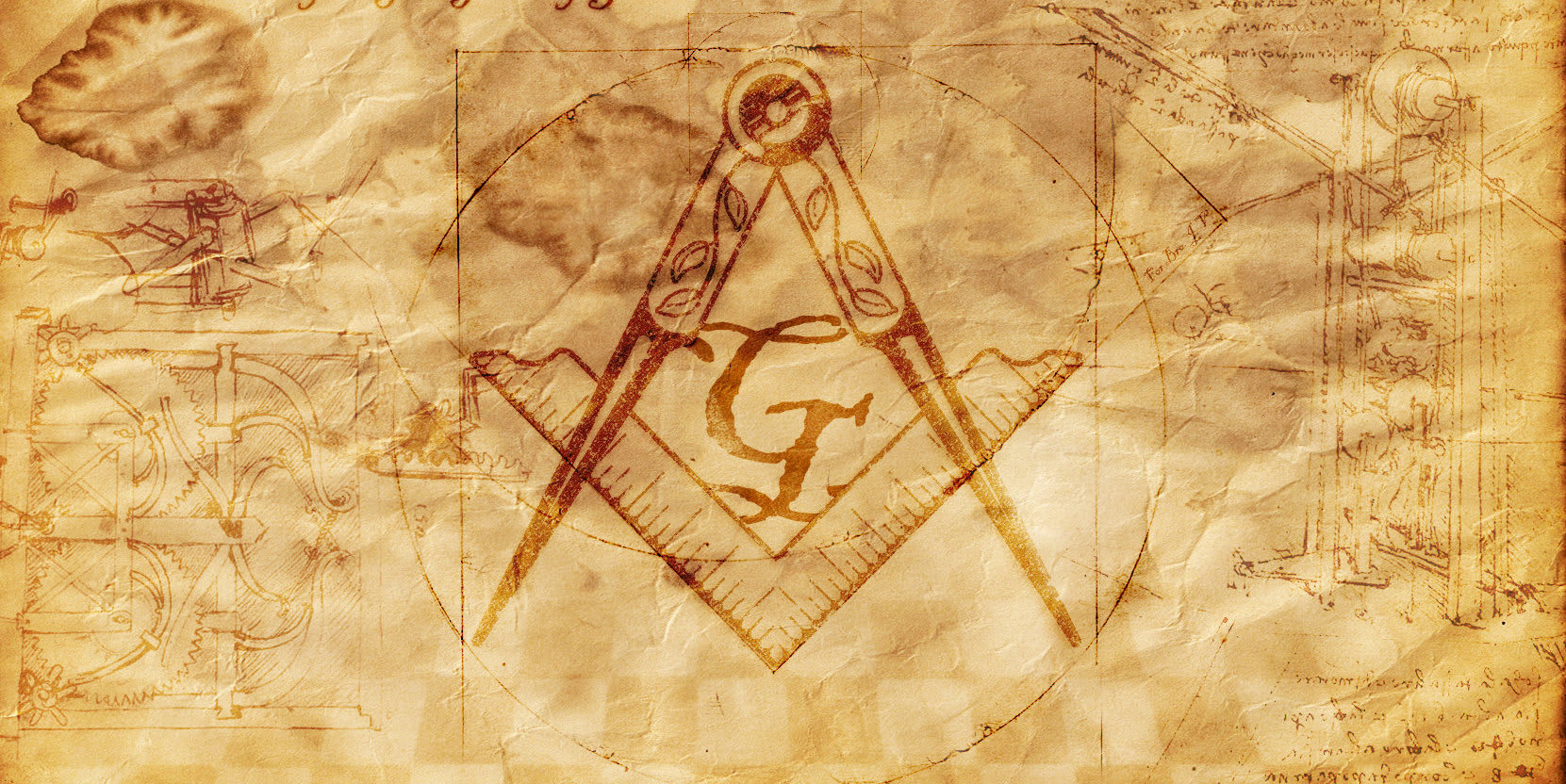
What is another name for Masonry
Freemasons contribute to building a better world through a unique and valuable process of constructing better individuals for life within it. The motto of a Freemason is: "Better men make a better world."
If I become a Mason, what is their mission?
The mission of Freemasons typically involves various aspects and may vary among different lodges. However, in general, the mission of Freemasons encompasses:
-
Personal Development: Freemasons strive for personal and spiritual growth. Through various symbols, rituals, and teachings, members work on enhancing their own characteristics and moral values.
-
Universal Brotherhood: Freemasons promote the idea of universal brotherhood, where members dedicate themselves to principles of mutual respect, understanding, and collaboration. This principle extends to all people, not just lodge members.
-
Social Responsibility: Many lodges have socially responsible goals. This may include charitable activities, humanitarian efforts, or other initiatives aimed at improving the community and the world.
-
Duty to God and Country: Most Freemasons believe in a Creator and feel a responsibility toward Him. They also express allegiance to their country and society.
-
Personal Ethics and Morality: Freemasons commit to high ethical standards and moral values. Their actions and decisions should reflect integrity and responsibility.
These principles often form the foundation of the Masonic mission, but it's important to note that they can vary from lodge to lodge. By joining, members commit to following these principles to contribute to the lodge's common goals and to enhance themselves and the world around them.
If I become a Mason, what is their mission? One answer is incorrect. Which?
Building Character:
All Masonic activities emphasize the values of personal integrity and individual responsibility.
Every member is encouraged to make efforts to improve their community for the benefit of human well-being, inspire fellow members with a sense of mercy and goodwill towards all humanity, and motivate them to put these learned principles and beliefs into individual action.
What will I learn if I become a Mason?
You will learn the biblical history from the time of Solomon's temple and the development of Freemasonry throughout history.
You will learn Masonic symbols, rituals, signs, greetings, rules, behavior...
And if you truly want to study and learn, the Holy Scriptures will finally come to life for you with its real people and their successes and failures. You will learn biblical truths about God the Creator as the Supreme Architect of the Universe.
How do Freemasons refer to God ?
Can I contact someone on my own to become a Freemason, and will I be accepted immediately?
No.
The process of becoming a Freemason usually involves specific steps and formalities, and reaching out to someone directly does not guarantee automatic acceptance.
Here's a general overview of the steps that many Masonic lodges require:
A man who wishes to become a Freemason must be invited by his friend who is already a member of the Fraternity and who will vouch for him to be a worthy member.
After that, a detailed check of his social life, status, biography and his moral and ethical code is carried out. After that check, a secret vote is held in the Lodge, and if everyone agrees, the new member can join the brotherhood.
In some Lodges ou can directly reach out the lodge through their official contact. Many lodges have websites or other resources where you can get information about the admission process.
-
Meeting and Conversation: Most lodges will organize informal meetings or events where you can meet members and discuss Freemasonry. This is an opportunity to exchange information and ask questions.
-
Submitting an Application: If you decide you want to become a member, you'll need to submit an official application. This process may involve an interview or conversation with lodge members.
-
Members' Vote: In many lodges, the acceptance of new members is decided through a vote by existing members. This can be a formal process involving a review of your application and a meeting of lodge members.
It's important to note that each lodge has its own specificities, and the admission process may vary. Also, the admission process may take time and requires a certain level of commitment. I recommend contacting the chosen lodge to learn the details and the process they follow.
In any case, every person enters Freemasonry of their own free will and consent.
Can one enter Freemasonry without scrutiny and secret balloting?
If I join the Masons, will I learn the secrets of the Masons and the secrets of Masonic lodges?
Yes. But if mysteries and secrets are your main reason for joining, your enthusiasm will soon diminish. Here are Masonic secrets: these are grips, passwords, members' names, secret signs, and ritual work. The rest of the craft of Freemasonry is found in the Holy Books worldwide, in Masonic literature, and in manuscripts on the works of Old Lodges dating back to 1390.
To become a Freemason, you typically have to go through a specific initiation process that involves learning Masonic symbolism, rituals, and philosophy. This process often includes a gradual unveiling of information to ensure a step-by-step understanding and integration into Masonic values.
The Masonic secrets and rituals have symbolic meanings and are often kept within the Masonic lodge. These secret teachings are not necessarily secrets in terms of being hidden from the broader public; instead, they are intended for lodge members to preserve the uniqueness and depth of the Masonic tradition. Secrecy also contributes to a certain atmosphere and rituals that enhance the members' experience.
It's important to note that Masonic secrets are more symbolic and philosophical in nature rather than practical secrets. Members are taught moral values, brotherhood, and principles that promote personal development and social responsibility. These values are often key in Masonic teachings.
Is Freemasonry a secret society?
Freemasonry is not a secret society in the traditional sense, although it is often associated with a degree of mystique. Freemasonry is not a clandestine organization operating in secrecy from the public. Its members are not secret agents or covert operatives. Lodges often communicate openly about their activities and charitable efforts, and many have public events.
What is often considered "secret" in Freemasonry are the rituals, symbols, and specific methods of instruction that are kept within the lodges. The secretive nature of these elements is more symbolic than practical secrecy. Their purpose is to preserve and transmit specific values, morality, and the philosophy of Freemasonry among its members.
It's important to note that many Masonic lodges have public events, support humanitarian initiatives, and are open to communication with the public. Freemasonry aims for transparency in many aspects but retains certain symbols and rituals within its lodges.
Therefore, it is more appropriate to say that Freemasonry is a "Society with Secrets" rather than a secret society.
Freemasonry is
I hear and read about Freemasons being Satanic, participating in pagan rituals, trying to create a New World Order (NWO), as seen in YouTube videos about the New World Order and their plans to take over the world. Is any of this true?
No. Absolutely not.
Indeed, let's consider this rationally and with a broader perspective. Entire countries and civilizations have risen, fallen, and evolved over the course of many hundreds of years during which Freemasonry has existed. Throughout this history, well-known names of great Masons have always been drivers of progress in various segments of society worldwide. In recent decades, there has been a notable rise in the anti-Masonic movement surviving on arbitrary philosophical analyses by esoteric writers and spreading through various interpretations across the written and digital realms. Creators, writers, and main proponents of anti-Masonry manifest themselves in three groups:
The first group, the most crucial, is comprised of structures for whom Freemasonry is an obstacle, hindrance, or threat to their envisioned path based on the rule of force, deception, and pressure, where ethics, morality, religion, and democracy serve as necessary forms and folklore to achieve that goal.
The second group includes writers, philosophers, and conspiracy theorists who are either part of the fable about the fox finding grapes sour because it cannot reach them, or excommunicated (for good reason) former Masons, or uneducated modern thinkers in historical, religious, and philosophical terms. All these individuals collectively have the media and other favor from those mentioned first.
The third group consists of naive individuals who, in their innocent desire for knowledge and understanding, believe the first and second groups because they are more attractive and prominent.
Is Freemasonry a satanic society?
Is Freemasonry anti-Christian?
No.
If I become a Freemason, am I expected to change my religion?
No. The foundation of Freemasonry is the brotherhood of man under the fatherhood of God. Only those who are truly religious can fully understand the meaning of "universal brotherhood." Therefore, Freemasonry does not admit individuals who do not believe in God as the Supreme Being.
Is Freemasonry a religion?
No. Freemasonry is not a religion, nor is it a substitute for religion. The Masonic lodge is not a church, tabernacle, mosque, or synagogue, nor is it a replacement for any of them or for any other religious observance. Freemasonry is open to individuals of all religions who are expected to continue practicing their faith. There are no specific religions mentioned in Masonic ceremonies or prayers. Freemasonry also prohibits religious and political discussions in its proceedings.
Freemasonry is also non-sectarian, meaning it is not affiliated with or limited to any particular religious denomination.
Is Freemasonry a religion?
Is Freemasonry a political group?
No.
Politics and religion are not discussed in the lodge or during Masonic proceedings, as it can negate its collective peace, harmony, and thereby the Masonic universality of spirit.
Every Mason is free to actively engage in politics or be a member and supporter of a party in their private life, but it is always understood that all brethren do not necessarily share the same opinions.
Freemasonry promotes universal values of brotherhood, morality, and personal development, not political objectives. Masons gather in lodges to discuss moral and philosophical principles, provide support to one another, and contribute to humanitarian efforts. However, this pertains to personal and moral development, not political actions.
For this reason, all political discussions, arguments, or statements for or against the current civil authorities, any political party, racial issues, or any other non-Masonic subject that could lead Masons as brethren into opposing opinions, disputes, and schisms are prohibited at Masonic meetings.
Are political discussions allowed at Masonic meetings?
What are the requirements to become a Freemason?
The requirements for obtaining membership in Freemasonry may differ among different Masonic organizations, as each lodge may have its own specifics. However, the usual requirements to become a Freemason include:
Age: Most Masonic organizations require applicants to be adults, usually 21 years of age or older.
Belief in God: Freemasonry is based on principles of morality and spirituality, so candidates are usually asked to believe in the existence of God or a Supreme Being.
Good Reputation and Moral Character: Applicants are judged on their moral character and reputation in the community. Lodges aim to attract individuals with honorable and ethical values.
Free independent man: You must be able to support yourself and your family.
Recommendation or Sponsorship: In most lodges, a candidate may need to be recommended or sponsored by an existing Mason in order to be admitted to the lodge.
Personal Will: An individual must express a personal desire to join Freemasonry. No one should be forced or pressured to become a Freemason.
You must have a strong desire to make a different world. The desire to be better in your actions. The desire to help people and the desire to make your environment, along with it and the world, a better place to live.
One of the listed traits is not acceptable for Freemasons. Which?
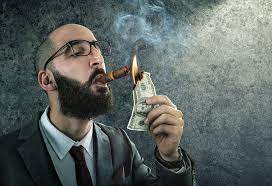
Is the membership fee expensive if I become a freemason?
Almost all lodges worldwide have initiation fees, monthly dues, and advancement fees. This money is used to fund the purchase of equipment, printing of documents, administration at the lodge and Grand Lodge levels, and all operational activities of the lodge and the entire organization.
Membership fees may vary depending on geographical location, the size of the lodge, as well as additional activities or programs the lodge conducts. It's important to note that Freemasonry often upholds high standards of ethics and morality, and the cost of membership dues may be directed towards supporting humanitarian efforts and charitable projects.
In general, initiation fees and dues are reasonable and minimal. You can obtain information about initiation fees and dues from your Masonic friend who serves as your sponsor, or you can inquire directly by contacting one of the local lodges.
Most lodges worldwide are legally registered as nonprofit organizations, i.e., associations of citizens, and operate in accordance with the laws of their respective countries.
Do Masonic organizations have to obey the laws of their state?
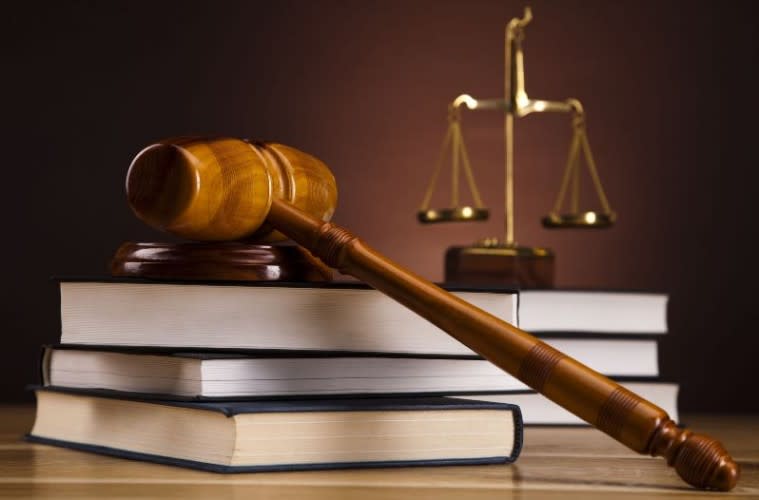
What principles will I learn?
You will learn to practice fraternal love for all, provide charitable assistance to those in need, uphold morality and good citizenship in every community.
Masonic education: Freemasonry educates its members in morality and brotherhood through ceremonies and symbols.
Social aspect of Freemasonry: Masonic brotherhood provides an opportunity and encourages like-minded individuals to come together for mutual enjoyment and personal development.
What will I gain by becoming a Freemason?
You will never be alone again, as you become part of a brotherhood of people who want to see you progress in every possible way, and if within their power, they will selflessly help you do so.
You will learn to direct your energy towards a righteous and truthful life, removing many negative aspects that others constantly struggle with.
If you become a Mason and truly desire to learn, you will become a better person for yourself and others.
How do I start the process of becoming a Freemason?
You need to encounter a Mason who has recognized you as a potential Masonic brother and who will vouch for you. In some Lodges, you can independently make an inquiry for membership and await a response.
What happens next?
An arrangement will be made to meet with you in person and discuss Freemasonry.
A committee of lodge members, called the Investigative Committee, or your sponsor, will contact you to arrange a meeting.
During the meeting, one of your future brothers (usually the Worshipful Master of the Lodge) will answer all your questions. If the meeting is mutually satisfactory, you will be asked to write your biography.
The Investigative Committee will conduct inquiries into your background regarding your reputation and character. This process may take a few weeks.
Your biography and membership application will then be presented to all lodge members. Your sponsor will explain your request and biography, and a secret ballot will follow in which all lodge members participate.
Afterwards, you will be informed of the outcome of the vote and the initiation date.
And for the final question in this quiz...
"Only ONE of the historical figures listed below was NOT a Mason. Which one?"
You got {number correct}/{number of questions} correct answers
You are likely in a hurry. Don't worry, only you can see this result, and this quiz is intended to clarify some important things about Freemasonry for you. Take enough time and read the explanations that follow your answers more carefully. In the upper left corner of the screen, there is - Start again -.
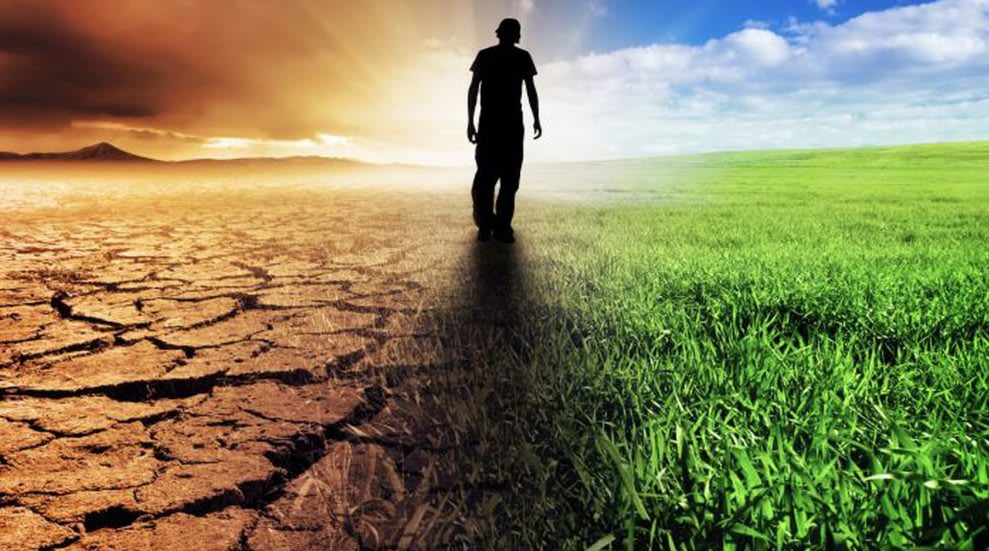
You got {number correct}/{number of questions} correct answers
Good, but not enough for true joy. You are likely in a hurry. Don't worry, only you can see this result, and this quiz is intended to clarify some important things about Freemasonry for you. Take enough time and read the explanations that follow your answers more carefully. In the upper left corner of the screen, there is - Start again -.

You got {number correct}/{number of questions} correct answers
Wonderful. If you have any more questions, solve those as well, and we're on the right track.
In the upper left corner of the screen, there is - Start again -.
If you have answered all the questions correctly, we are pleased to have guided you into a part of the "secrets" of our brotherhood. We hope to have the opportunity to personally answer all your further questions about Freemasonry soon.
